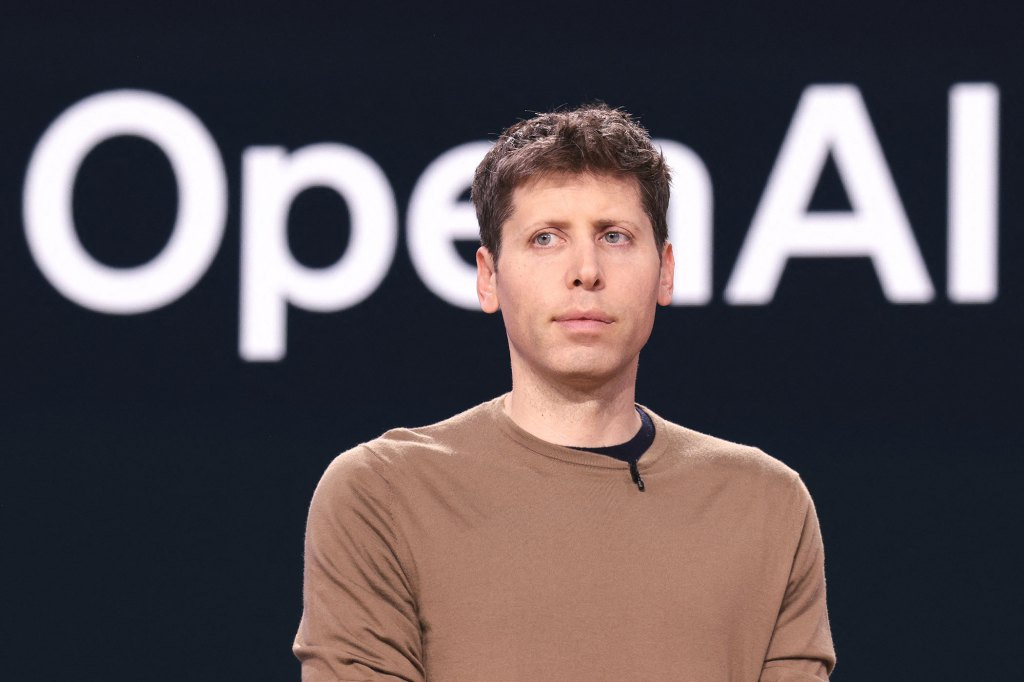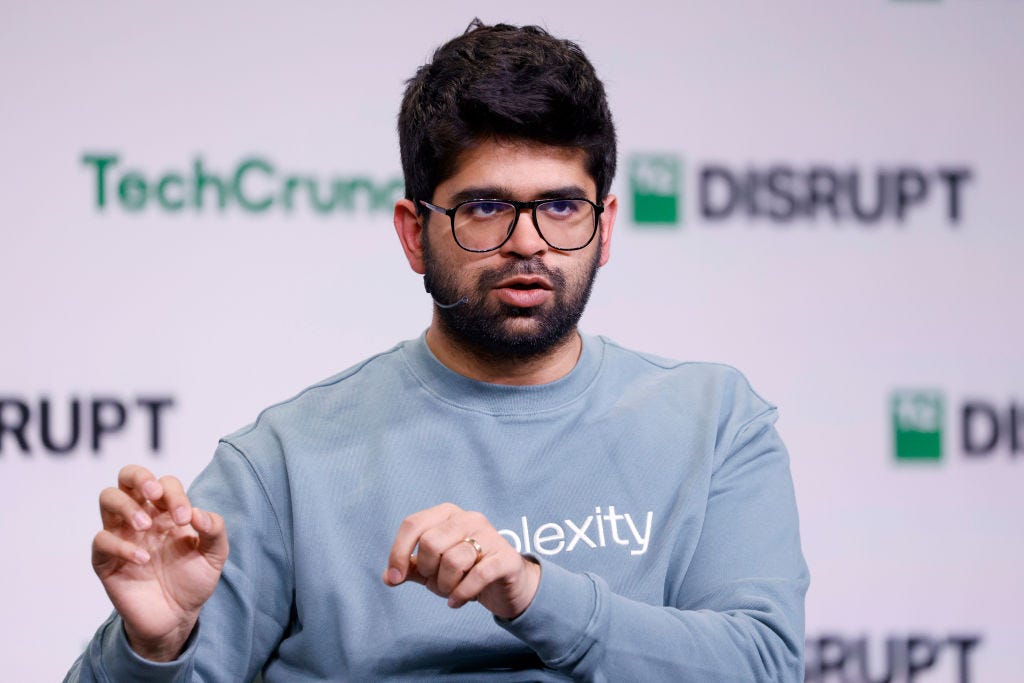A week in Generative AI: Agents, More Agents & Ads
News for the week ending 17th November 2024
This week has been awash with more signs that 2025 will be the year of AI agents. But ahead of that we have a mysterious new Gemini model from Google that is currently topping the Chatbot Arena.
There are rumours that OpenAI’s approach to agents will be revealed in January, but the biggest news is the release of Stripe’s new API specifically to enable AI agents to be able to process and manage payments online. We also saw Coca-Cola’s widely condemned new GenAI ad and news that Perplexity is starting to test ads on its platform in the US.
In Ethics news there was an open letter from Ofcom about generative AI chatbots, a great video on the ethics of AI assistants from Google DeepMind and research that suggest that half of AI data centres won’t have enough power in the next couple of years.
I also encourage you to check out The Chatbot Trap in the Long Reads section from Charlie Guo’s Artificial Ignorance blog. It’s a great analysis of the current limitations of chatbot user interfaces and how they can evolve.
Google releases new Gemini model that tops the leaderboards
This is a very strange release from Google. A new Gemini model, without a version number, and announced with just a single tweet from the product lead for Google’s AI Studio. This is far from the fan-fare that came with the original launch of Gemini or the 1.5 release earlier this year.
Despite this, the new Gemini model is currently at the top of the Chatbot Arena that pits models against each other and asks users to choose their preferred answer. This is quite some achievement given that we’ve had recent model launches and updates from both OpenAI and Anthropic, but we don’t know anything about the model.
Very strange!
OpenAI's take on AI agents could come in January
It’s unsurprising that rumours have started spreading about when OpenAI will play it’s agent card given that we’ve recently seen announcements from Anthtopic and Microsoft about their approach to agents and there have been rumours about Google’s approach with their ‘Jarvis’ model.
There are no real details to share at the moment, but 2025 is most definitely shaping up to be the year of agents with all the large AI companies setting out their stalls for what I expect will be a lot of new releases on this front over the next 12 months.
OpenAI also launched a new version of their desktop app that integrates with coding applications - this is a great features and shows the power these models will have as the number of integrations increases over time. I’ve been trying out these new features over the weekend and it makes ChatGPT a much better companion when using it alongside the apps it’s now integrated with. This looks like an interesting direction of travel.
Stripe is adding payments to your LLM agentic workflows
I don’t usually share many technical developments around generative AI in this newsletter, but this was too big a one not to share and ties in with 2025 being a big year for AI agents. Stripe has just announced their “Agent Toolkit“ which allows AI agents to integrate with Stripe’s standard APIs and therefore allows agents to help users both earn and spend funds, facilitate common support operations, and bill customers for usage.
This is a big deal for a few reasons. Firstly, it’s the first specific API from a large organisation that has been specifically built for AI agents. As I wrote about in my Beyond Chatbots series on integrations, this is something I expect to see a lot more of and will greatly increase the volume and variety of tasks that AI agents will be able to perform.
Secondly, payments is a huge foundational layer to many online experiences, so facilitating AI agents to be able to help process and manage payments will have a really broad impact. This will allow agents in the future to purchase anything from a Stripe enabled website, which currently accounts for about 20% of the market. It will also help anyone who runs a Stripe enabled site to be able to manage the financial side of their site much more effectively with the help of an AI agent.
Lastly, giving AI agents the ability to process and manage payments is obviously relatively high risk. There are many other things that present nowhere near as much risk that AI agents could be given access to, but if Stripe are confident that AI agents can manage payments, then that gives a lot of confidence to other developers that this is a fruitful path to investigate and potentially follow.
I expect this to be the first of many new agent-specific APIs that we’ll start seeing roll our across the developer ecosystem in the coming months that will lead to AI agents being able to perform many more tasks online as the ecosystem and tools rapidly expand.
Coke creates GenAI remake of its classic 1995 Christmas ad
I’ve been a big admirer of Coca-Cola’s work with generative AI in marketing for the last 18 months, but I have to say I just don’t get this latest campaign. They’ve effectively tried to recreate their famous Christmas ad from 1995 using a few different generative AI platforms. There’s a good article on how they did this on AdAge.
I totally get this as a proof-of-concept technical showcase, but not as a consumer facing ad. If Coca-Cola thought the original 1995 ad was good enough to recreate then why not just re-air it? Or if it was felt that it needed updating, which not just update it with traditional techniques? As it currently stands, this new ad just looks a bit crap.
Sadly this just feels a bit gimmicky, which is absolutely not what the previous GenAI work from Coca-Cola has been about. This ad seems to have been created to show that it a) can be done and b) to tap into the trend of ‘obviously GenAI made ads’, that seem to have become a inexplicable trend in advertising over the last 12 months.
Unsurprisingly, there hasn’t been a good reaction to this online and from the marketing industry. There’s a good write-up of this over at Forbes. This is a really disheartening move from Coca-Cola, who have (until now!) been at the forefront of pushing the possibilities of GenAI in marketing. As many commentators have said, this just looks like cost-cutting (despite all the post-production work that will have gone into it) and a blatant disregard for the environmental impact of using GenAI to just recreate an already award-winning ad that could have just been re-aired.
Perplexity brings ads to its platform
Perplexity is starting to experiment with ads on its platform from this week, just in the US to start. The ads will be positioned to the side of answers and labeled as ‘sponsored‘.
Perplexity has said that their advertising program will help them generate revenue to share with their publisher partners as they don’t believe that subscriptions alone will generate enough revenue.
So, we now have three interesting horses in the future of search:
Google with their traditional ad-only revenue model and their AI summaries in search. No revenue is shared with publishers, just traffic.
Perplexity with their GenAI-first approach to search with a subscription and ad revenue model. Some revenue is shared with publisher partners.
OpenAI with their GenAI-first approach with just a subscription model. Some revenue is shared with publisher partners.
As things stand at the moment, my money would be on OpenAI. The reason for this is because I think ChatGPT is starting to become a single destination online service in the same way Google became one 20 years ago. If I can go to ChatGPT to search and do many other things that I’d like to do online, why would I go to a specialist search website? I also think that ChatGPT Search’s clean user interface is much better and I’m hopeful that their revenue sharing model will be more beneficial to publishing partners than Google’s current traffic-only model which has it’s issues.
AI Ethics News
Open letter to UK online service providers regarding Generative AI and chatbots
Apple's head of accessibility highlights the importance of AI
Nearly half of AI data centers may not have enough power by 2027
EU AI Act: Draft guidance for general purpose AIs shows first steps for Big AI to comply
Long Reads
Y Combinator - How To Build The Future: Sam Altman
Lex Fridman - Dario Amodei
Artificial Ignorance - The Chatbot Trap
“The future is already here, it’s just not evenly distributed.“
William Gibson







